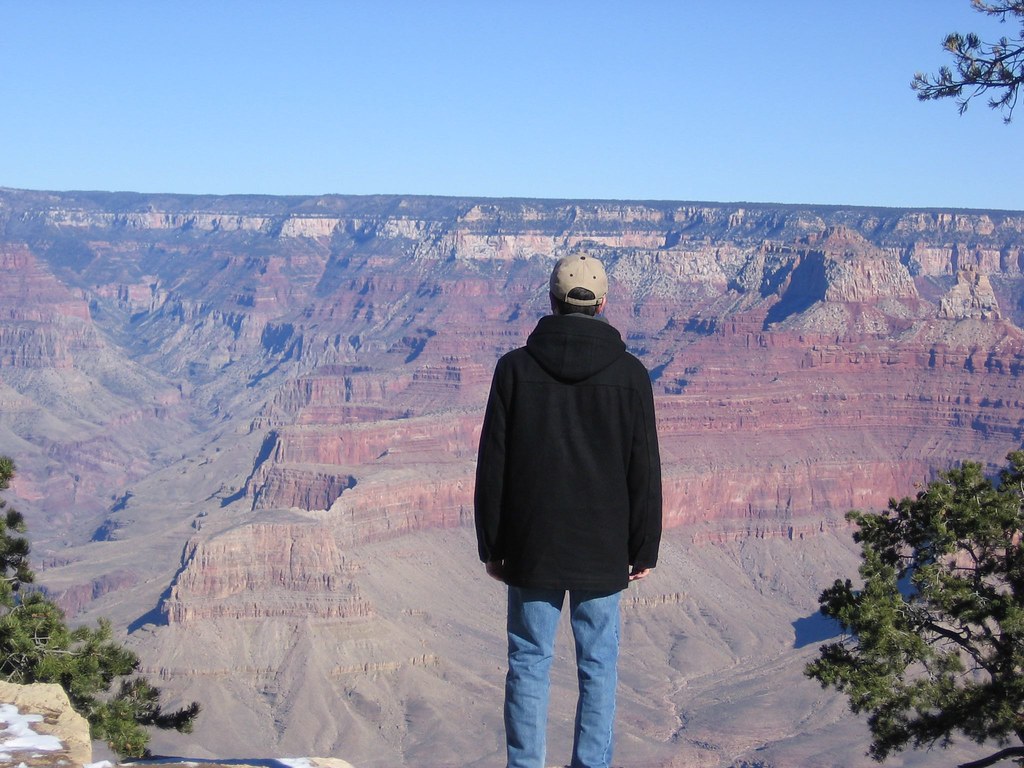At times, when I'm thinking about some topic, especially when I intend to write something on it, I take notes on my thoughts. Last Tisha B'av, I wrote a bunch of notes on the ideas behind the initial part of the day, before noon. Here's a brief set of thoughts emerging from those notes, before I have to go back to synagogue to finish up the prayers of the day.
According to the Rav, Tisha B'Av is one of the rare times that we express grief to such a degree, that we actually accuse God of creating our tragedy. It's generally an unthinkable concept, more brazen than we usually are. Indeed, the first set of kinot (the "wailing" prayers we say on this day) often juxtapose what God did with what it seems he ought to have done. How dare we? The Rav points out that in the beginning of Tisha B'Av, we are like recently bereaved mourners - not even up to the shiva period that starts after burial, but onenim. An onen is one who has recently lost someone, before the deceased is buried. "His deceased is suspended before him," the saying goes. When it's that recent, that intense, that visceral, well then the normal rules don't apply. An onen is exempt from many of the positive commandments, and also it is acceptable for such a person to be downright angry with God. Healing of the mourner's heart, and of his relationship to an often inscrutable God may take place later, but for now, we let him off the hook.
So in trying to create a feeling of mourning, our sages patterned our customs and liturgy such that we would be like onenim for part of the day. We move on later in the day, but the specter of intense grief haunts us through the rest of the day.
An interesting thought occurred to me a while back. I was reading a book by the renowned psychologist Paul Ekman, called Emotions Revealed. In it, he talks about the concept of an "emotional refractory period." I don't have the book handy to quote from, but if my memory serves, the refractory period is when you experience an emotion so intensely that you are temporarily blinded to any information that would contradict that emotion. It is usually a very brief period, varying with intensity of emotion, but it's qualitatively different from your normal mode of being. Your mind shuts down all access to anything that would lessen the feeling, though I believe it's usually too brief to have any practical ramifications. It's a scary thought, but Ekman really knows his stuff. In any case, I can't help but wonder whether the onen's permit to indict God comes from an acknowledgement that an onen is in the refractory period of his grief, and therefore cannot be held as entirely responsible for his actions. Thus, he is even permitted an action which would otherwise be blasphemy.

0 people hopping:
>> Join the fray <<